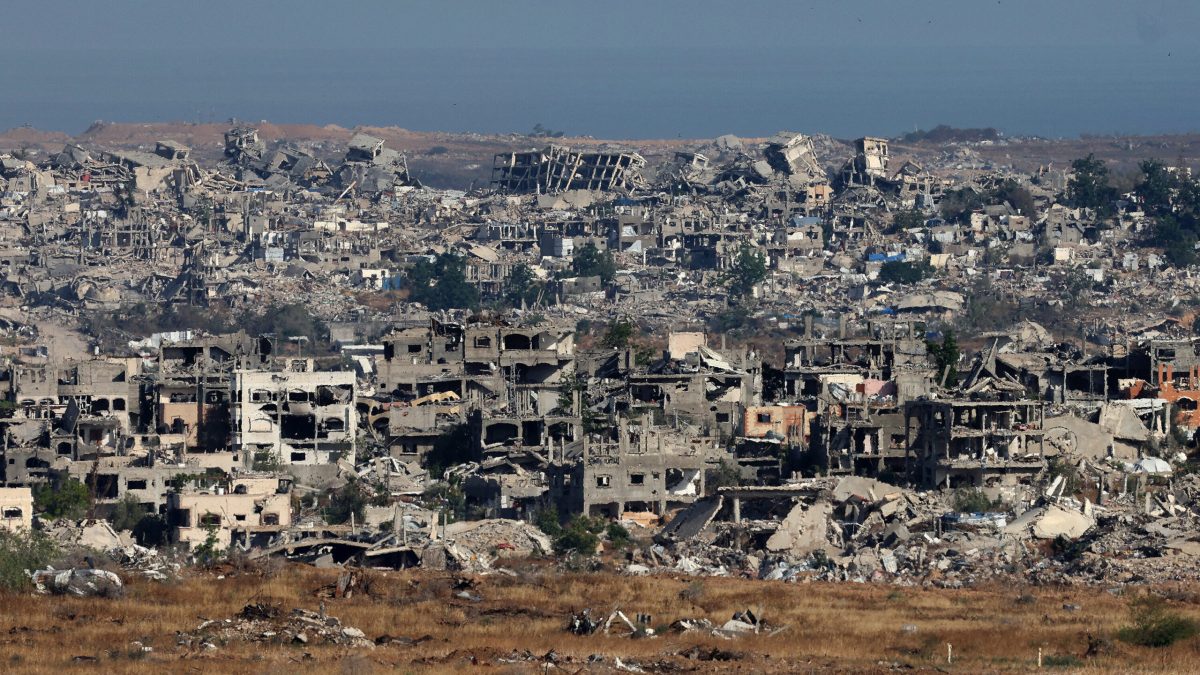As tensions between Israel and Iran spiral into open conflict, Ghana has launched a high-alert evacuation effort to protect its citizens in the region. According to Minister for Foreign Affairs and Regional Integration, Samuel Okudzeto Ablakwa, 922 Ghanaians have so far been identified in Israel, including 65 students studying at six universities, all of whom are on standby for evacuation.
In an update shared via social media, the Minister confirmed that while there have been no reported injuries or fatalities among Ghanaians in Israel or Iran, the volatile situation has necessitated swift action. Plans to evacuate citizens from Iran are already in motion, with the Ghanaian Embassy in Tehran shutting down public operations immediately.
The urgency of the situation follows Israel’s recent airstrike targeting Iranian military and nuclear facilities, which triggered a flurry of retaliatory attacks. With fears of full-scale war looming, Ghanaian authorities have moved to reduce embassy operations in Tel Aviv to minimal levels, while maintaining vital communication lines with nationals in the area.
Due to Israel’s state of emergency and ongoing border restrictions, any evacuation from that country will require formal clearance from Israeli officials. Ablakwa revealed that discussions with Israeli authorities to secure this clearance are ongoing, even as embassy staff continue working remotely in accordance with safety directives from the Israeli Foreign Ministry.
To protect Ghanaian residents, access to bomb shelters has been secured, and the community has been advised to maintain close contact with consular services for emergency coordination.
The Mahama administration has stressed its commitment to ensuring every Ghanaian in harm’s way is safely returned home, stating that no effort will be spared.
Ablakwa reiterated Ghana’s appeal to both Israel and Iran to de-escalate the conflict and resume diplomatic negotiations, emphasizing that protecting human lives must take precedence over military action.
As the world watches developments unfold, Ghana’s emergency response has become a race against time—balancing diplomacy, logistics, and safety in one of the most dangerous flashpoints in the Middle East.


